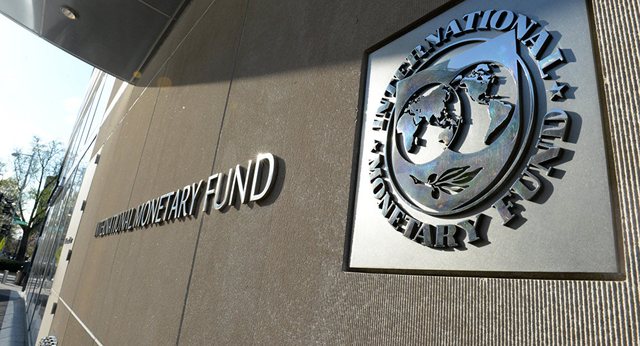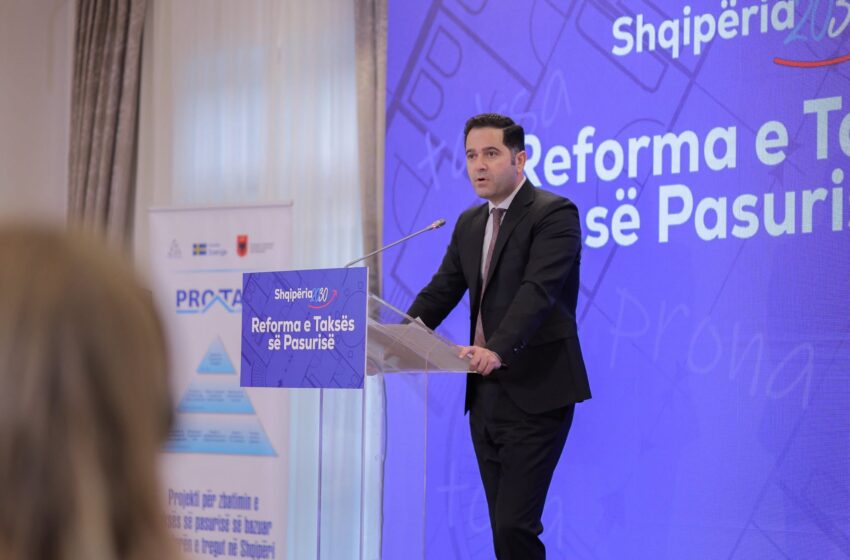IMF projects 3.5% economic growth for Albania in 2025

Albania’s economy is projected to grow by 3.5% in 2025, according to the International Monetary Fund (IMF). Anke Weber, IMF’s mission chief for Albania, attributes this growth to robust domestic demand and the continued expansion of the tourism sector. Speaking in an interview with Monitor, Weber outlined key factors supporting this positive outlook while highlighting potential risks and the importance of structural reforms for sustained progress.
Why does it matter: The Albanian economy is at a crucial juncture, with domestic demand and tourism acting as twin pillars of growth. Investment in tourism infrastructure and competitive pricing are expected to sustain the sector’s upward trajectory, contributing significantly to GDP. Meanwhile, rising wages are set to bolster private consumption, further driving economic activity. However, the IMF warns that broader global and domestic challenges could hinder progress, emphasizing the need for targeted policies and structural reforms.
Albania’s tourism sector is positioned as a key driver of economic growth in 2025. Ongoing investments in infrastructure, including new hotels and improved transport links, are expected to enhance the country’s appeal as a destination. Weber notes that foreign direct investment (FDI) in the sector can amplify these gains, providing a stable foundation for long-term growth. Additionally, the country’s competitive pricing relative to other Mediterranean destinations plays a pivotal role in attracting international visitors.
Inflation, however, remains a concern. While the base effects of declining prices in early 2024 may create short-term pressures, the IMF does not anticipate inflation returning to target levels before 2026. Policymakers must balance fiscal and monetary measures to manage these dynamics effectively.
Weber emphasizes that structural reforms are essential for Albania to unlock its economic potential. The IMF highlights reforms related to labor market efficiency, infrastructure development, and financial sector stability as critical areas. For instance, aligning vocational education and training with labor market needs could enhance workforce productivity and address high emigration rates.
Fiscal policy will play a crucial role in supporting growth. The Albanian government aims to maintain a zero primary balance while increasing capital expenditures and investments at the local level. This fiscal discipline, coupled with efforts to improve revenue collection from VAT and corporate income tax, is designed to create a more sustainable budget framework.
The IMF also underscores the importance of completing critical infrastructure projects, such as modernizing transportation networks and diversifying renewable energy sources beyond hydropower. These investments are expected to support both economic resilience and environmental sustainability.
Despite the positive outlook, Weber identifies several risks that could impact Albania’s growth trajectory. Geopolitical tensions, global economic slowdowns, and rising energy prices could dampen external demand and increase production costs. Additionally, fluctuations in tourism demand due to global shocks may affect foreign exchange earnings and real estate values, leading to financial instability.
To mitigate these risks, the IMF recommends that Albania strengthen its macroprudential framework. Measures such as tighter oversight of mortgage lending and debt-to-income ratios could help manage risks in the real estate sector. Further, continued reforms in governance, anti-corruption, and judicial systems are essential to improve the business environment and attract investment.
In conclusion, Albania’s economic outlook for 2025 remains optimistic, supported by domestic demand and tourism. However, realizing its full potential will require focused policy efforts, structural reforms, and resilience to external shocks. The IMF stresses the importance of aligning these efforts with EU integration goals to achieve long-term, sustainable growth.


